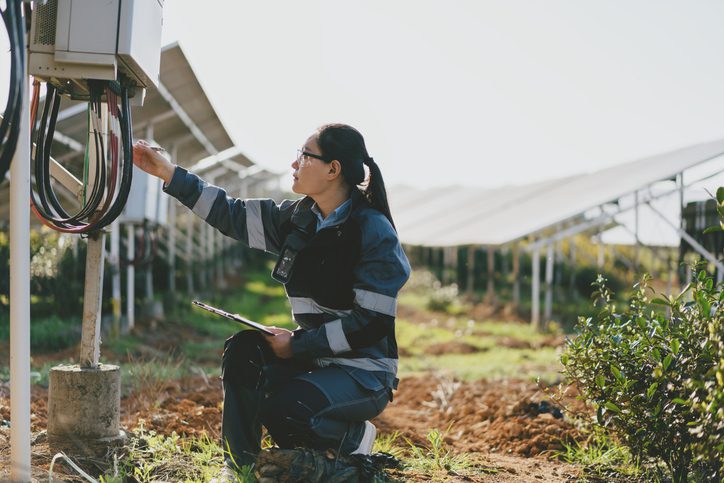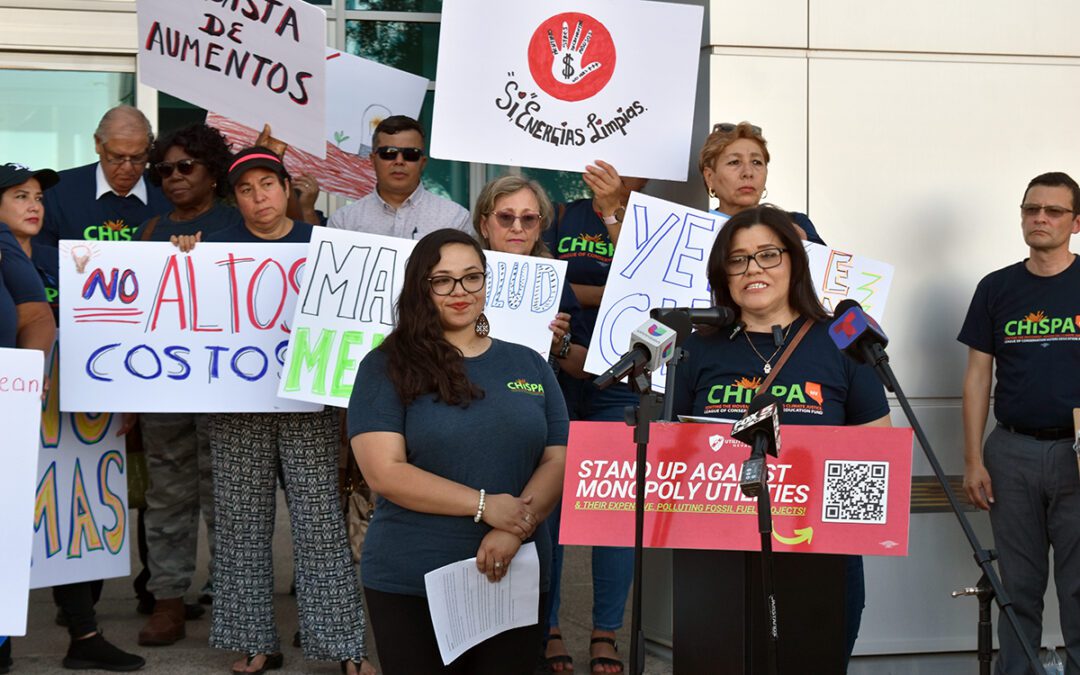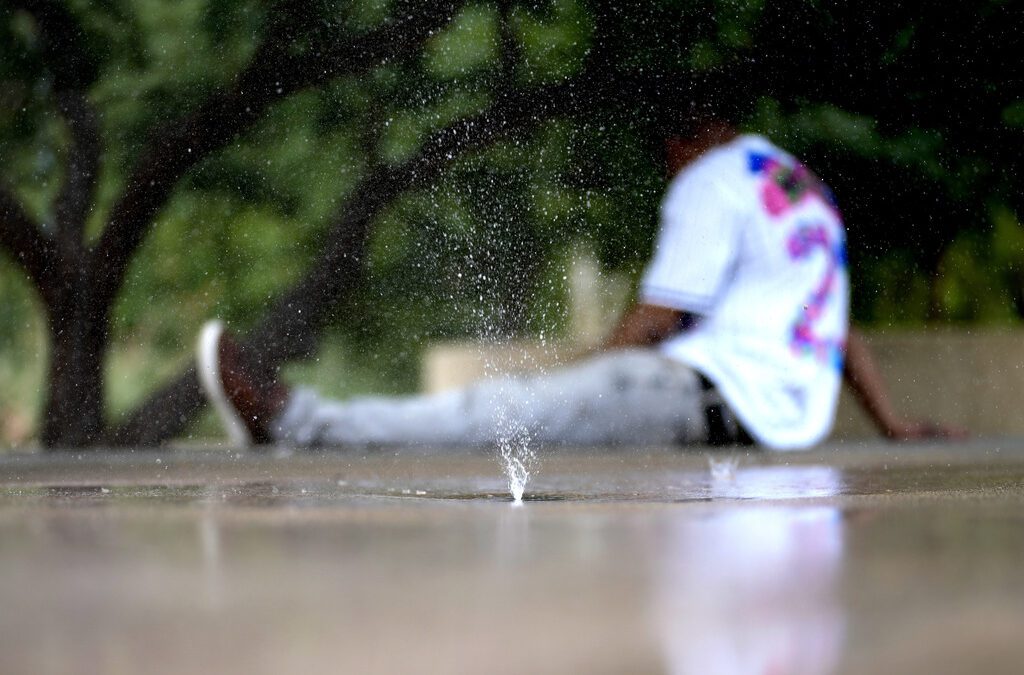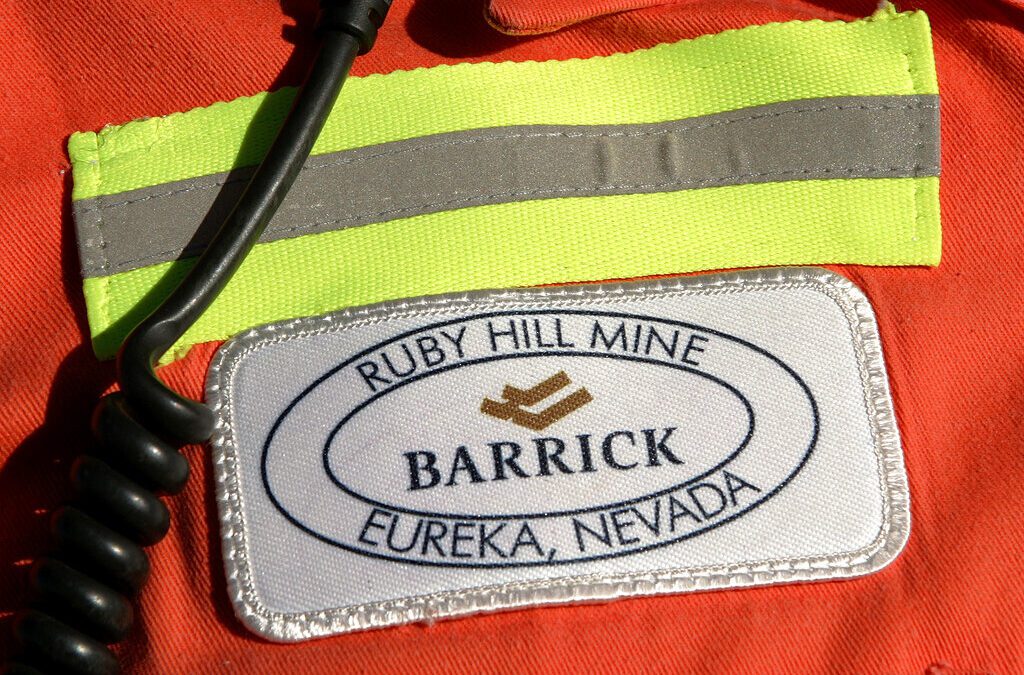
Photo courtesy of Getty Images / sinology.
I’ve worked in politics since I was 14 years old, starting as a fellow for the Alliance for Climate Education. I’ve run campaigns, worked as a grassroots organizer, and currently serve as the Nevada State Representative for the Southwest Energy Efficiency Project. As the Chair of the AAPI Democratic Caucus in Nevada, I want to celebrate Asian American, Native Hawaiian, and Pacific Islander (AANHPI) Heritage Month by taking a moment to acknowledge how pollution and climate change affect our community—and how we can seize on the clean energy transition that’s bringing us economic opportunity and a safer, healthier environment.
President Biden has consistently invested in Nevada’s AAPI community, which is one of the fastest growing constituency bases in our state. There are nearly 35,000 AAPI business owners across Nevada and our state’s AAPI population has increased by 167% since 2000. AAPI voter registration has increased by 15% nationwide, or about two million eligible voters, in the past four years.
One way that the Biden administration has invested in this growing constituency is by taking important steps to rid our country’s drinking water of toxic PFAS, which have been linked to cancer, organ damage, and developmental issues in children. A 2023 study found that AANHPI Americans have significantly higher exposure to PFAS than other ethnic or racial groups. In April, the Environmental Protection Agency issued the first-ever national drinking water standard for PFAS, which will protect 100 million people from exposure, prevent tens of thousands of serious illnesses, and save lives.
Our state’s air is among some of the worst in the nation. Transportation is the largest source of greenhouse gas emissions in the US, and most of Nevada’s air quality issues are due to automobile exhaust, with ozone, particulate matter, and carbon monoxide spewing from millions of cars every day. In 2022, four Nevada counties received F grades for ozone pollution.
The Biden administration—which has so far taken more than 300 environmental actions, more than any other presidential administration—awarded a $3 million grant to Nevada to help our state develop innovative strategies to cut climate pollution and build clean energy economies. Multiple Nevada school districts have also received millions of dollars in funding to purchase low and zero-emission school buses, protecting children from the toxic fumes of diesel exhaust, a known carcinogen.
Fighting pollution alone isn’t enough to protect AANHPI communities in Nevada from the harmful effects of climate change. Our state is warm and getting warmer: Reno and Vegas are two of the fastest warming cities in the nation. By 2050, the number of heat wave days in Nevada is projected to increase from 15 to nearly 55 days a year.
Many families across the state will struggle with paying high electricity bills as temperatures continue to warm. Families with higher energy burdens are at greater risk of developing respiratory diseases and stress-related ailments.
Fortunately, President Biden’s clean energy plan includes tax credits and rebates of 50–100% to help Nevadans upgrade to energy-efficient electric appliances. The clean energy plan also includes $4 billion for the US Bureau of Reclamation to help us and other Colorado River basin states mitigate climate-driven drought. Given that Las Vegas relies on the Colorado River for 90% of its water supply, this funding couldn’t be more critical.
In this challenge also lies an opportunity. Sun is one of our state’s greatest natural resources, positioning the AANHPI community and other communities across Nevada to take advantage of the booming solar industry. We currently have over 5.5 GW of solar, wind, and storage capacity and as of 2022, nearly 60,000 Nevadans worked in clean energy.
Since the passage of the clean energy plan in 2022, new clean energy investments have created more than 15,000 good-paying clean energy jobs and created more opportunities for households to save money. New solar and wind energy investments will help reduce energy costs in Nevada, as the costs of solar and wind power in the state are projected to drop by 22% and 35%, respectively, over the next 30 years.
The clean energy transition and focus on energy efficiency represents a tremendous opportunity for the AANHPI community in Nevada. Thanks to President Biden’s clean energy plan, we can expand our access to good-paying jobs, save money, drink cleaner water, and breathe safer air. This AANHPI Heritage Month, that’s something to celebrate.
Related: Climate change poses threat to Nevada’s homeless community, expert says

Condena Chispa Nevada el retiro de apoyo en su pago de electricidad a familias de bajos ingresos
Chispa Nevada condena que la administración Trump retire ilegalmente el financiamiento del programa de Nevada para reducir las facturas de...

Biden admin moves to shield Nevada public lands from mining with support of tribes, local leaders
In one of President Biden’s last moves in office, his administration has moved to protect 269,000 acres of public land in Nevada from a proposed...

Many fear help for Nevada water conservation will dry up under Trump
Despite billions from the Inflation Reduction Act going to benefit Nevada, President-elect Donald Trump and conservative fiscal hawks may pursue a...

Grant from Biden infrastructure law to help install 185 EV charges around Las Vegas valley
A $3.2 million grant from the US Department of Transportation will help fund and install electric vehicle charging stations in primarily...

Almost 500 people have died from extreme heat in Las Vegas in 2024, officials say
Factors relating to extreme heat accounted for 491 deaths and more than 3,500 emergency room visits, according to Clark County officials, as Las...

Nevada gold mining venture selected for $95M solar project
After being awarded a federal grant to help decarbonize the mining industry, Nevada Gold Mines hopes to build two on-site solar panel and battery...





